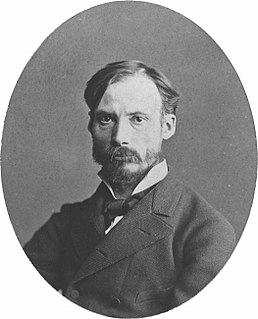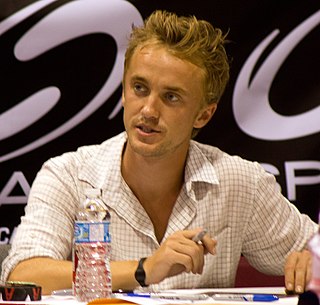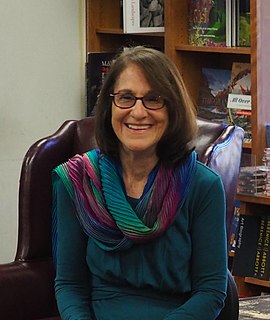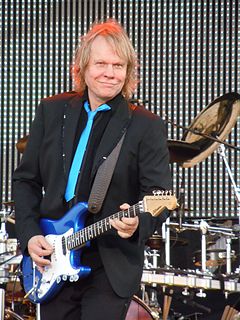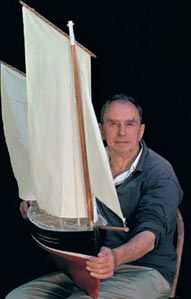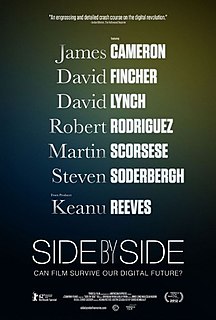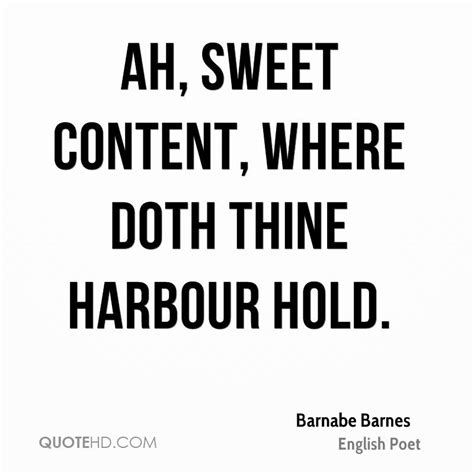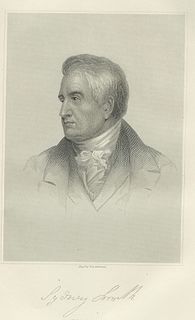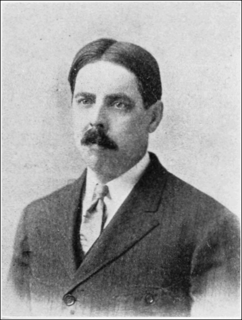A Quote by Pierre-Auguste Renoir
If the painter works directly from nature, he ultimately looks for nothing but momentary effects; he does not try to compose, and soon he gets monotonous.
Related Quotes
Boredom is that awful state of inaction when the very medicine ? that is, activity ? which could solve it, is seen as odious. Archery? It is too cold, and besides, the butts need re-covering; the rats have been at the straw. Music? To hear it is tedious; to compose it, too taxing. And so on. Of all the afflictions, boredom is ultimately the most unmanning. Eventually, it transforms you into a great nothing who does nothing ? a cousin to sloth and a brother to melancholy.
I believe that traditional wisdom is incomplete. A composer can have all the talent of Mozart and a passionate desire to succeed, but if he believes he cannot compose music, he will come to nothing. He will not try hard enough. He will give up too soon when the elusive right melody takes too long to materialize.
After painting comes Sculpture, a very noble art, but one that does not in the execution require the same supreme ingenuity as the art of painting, since in two most important and difficult particulars, in foreshortening and in light and shade, for which the painter has to invent a process, sculpture is helped by nature. Moreover, Sculpture does not imitate color which the painter takes pains to attune so that the shadows accompany the lights.
The main question to a novel is -- did it amuse? were you surprised at dinner coming so soon? did you mistake eleven for ten? were you too late to dress? and did you sit up beyond the usual hour? If a novel produces these effects, it is good; if it does not -- story, language, love, scandal itself cannot save it. It is only meant to please; and it must do that or it does nothing.
